I was born in 1954, in the middle of the American century and the largest generation, the baby boomers, in American history, coincidentally on the same day as the late Walter Payton of the Chicago Bears. The American gangster Machine Gun Kelly had died a mere week before I was born. The momentous Brown vs. Board of Education had overturned the so-called "separate-but-equal" segregation policies earlier in the year and President Eisenhower was invoking the "domino theory" to justify military aid for France's efforts in Indochina and financial aid to the South Vietnamese government.
But I was oblivious to all this. The writer Bill Bryson, a contemporary to me, elegantly describes his childhood with words that very well also describe my own:
My kid days were pretty good ones, on the whole. My parents were patient and kind and approximately normal. They didn't chain me in the cellar. They didn't call me "It." I was born a boy and allowed to stay that way. . . Growing up was easy. It required no thought or effort on my part. It was going to happen anyway. So what follows isn't terribly eventful, I'm afraid. And yet it was by a very large margin the most fearful, thrilling, interesting, instructive, eye-opening, lustful, eager, troubled, untroubled, confused, serene, and unnerving time of my life. Coincidentally, it was all those things for America, too (from The Life and Times of the Thunderbolt Kid).
In the time between my birth and my first Christmas, Russia had tested its first thermonuclear bomb and the U.S. Senate had voted 67–22 to condemn Joe McCarthy for "conduct that tends to bring the Senate into dishonor and disrepute." Here's my first Christmas tree, with me strapped into some sort of baby chair by the family sofa:
Here's another picture of me in the baby chair, in front of a modernistic shelving unit beneath the stairs of our Levittown home:
Levittown had been built as a planned community between 1947 and 1951, and was the first truly mass-produced suburb. It was widely regarded as the archetype for postwar suburbs throughout the country, and William Levitt, who assumed control of developer Levitt & Sons in 1954, is considered the father of modern suburbia. I don't know if it's possible to be born much more into the white American middle-class suburbs than that.
With the support of the Federal Housing Administration (FHA), Levitt & Sons offered the chance for home ownership with a 30-year mortgage and no down payment. The development became the symbol of the “American Dream” and allowed thousands of families, including mine, to become first-time home owners.
Maureen Tucker, later to become the drummer for the band Velvet Underground, was born in Levittown, and Velvet Underground guitarist Sterling Morrison had also lived in Levittown.
However, Levittown was also a symbol of racial segregation. All home-sale contracts in Levittown stated that the property could not be used or rented by any individuals other than those of the Caucasian race. As a result, American veterans who wished to purchase a home in Levittown were unable to do so if they were black. William Levitt attempted to justify the decision to sell only to white families, claiming their actions were not discriminatory but intended to maintain the value of their properties. He believed that potential white buyers would not want to buy a house in Levittown if they were aware that they might have black neighbors, stating,
“As a Jew, I have no room in my heart for racial prejudice. But the plain fact is that most whites prefer not to live in mixed communities. This attitude may be wrong morally, and someday it may change. I hope it will.”
Although the Supreme Court declared in 1948 that property deeds stipulating racial segregation were unenforceable by law, Levitt took no actions to counteract the racial homogeneity of the suburb and thus the racial composition of Levittown remained the same. By 1960, Levittown was still a completely white suburb, and I can recall being shocked the first time I even so much as saw a black person, which occurred during a school field trip to the Bronx Zoo.
To be clear, though, and to avoid any misunderstanding, my parents, dyed-in-the-wool Democrats, were not at all racist and did not buy into Levittown because of the racial segregation. For many of the same reasons that white families fled the cities in the '60s and the '70s for gated communities in the suburbs, I believe they bought into Levittown for the perceived safety and affordability, and because there was no stigma associated with buying into a segregated community at that time. It was the "American Dream," and my parents soon found themselves owning a home they were later able to flip for substantial profit, and then flip that home, and another, and another, climbing the social and economic ladder into ever larger and more luxurious housing well beyond our humble beginnings.
But before all of that, their growing child first required a bigger chair, and the shelving unit beneath the staircase had to be cleared of the Christmas boughs.
Growing up in the 1950s, people weren't as judgemental about child safety laws as they are today. Here's me and my Dad, who probably still called himself by his childhood name "Sonny" back then (he later called himself "Bill"), perching me on top of a rail in front of what looks like some deathly cliff. I have no idea where in the world this picture was taken, but my guess is Niagara Gorge.
Mom wasn't going to take any chances. Here she's wheeling me in some sort of little play cart through some parking lot.
But we were primarily beach people. For most of my childhood, nearly every weekend between Memorial and Labor Days was spent at the beach, first at Jones Beach and then after 1964 when the Robert Moses Causeway was completed, on Fire Island, where the poet Frank O'Hara was killed in a dune-buggy accident, coincidentally on my 12th birthday. I basically grew up on the beach, playing in the ocean waves as far back as I can remember. It's probably for that reason that to this day I'm fearless in water, although from the picture below it looks like I might have had some issues with heights back then.
This was more to my liking - back down on the sand and out of my little cage, a far happier baby.
The only thing better that being on the sand was being in the water itself.
Here's Dad either trying to each me how to box or showing off his moves for Mom's benefit. It looks like that little girl walking towards us either intends to defend my honor or finish me off herself.
Water. There was always water. Here's Dad and I posing for Mom in front of some lake somewhere.
This looks like my first attempt to run away and strike off for myself (note to self: next time be sure to wear pants, first).
Yes, we were a water people. I probably should have been born a Gemini or an Aquarius instead of a fire-sign Leo, but there really wasn't much I could do about it. You're born when you're born.
Meanwhile, back on terra firma, here's a birthday celebration at my grandparent's house.
I remember that drop off of the back patio as a terrifying precipice (I guess I did have a thing about heights after all). Even though it was barely hip-high to Mom, it was higher than I was tall, and I was just fine sitting back a foot or two from the edge.
The family station wagon in the background, and the grandparents' dachshund, Bitsey, in the foreground. The possibly over-stimulated birthday boy is in between by his little inflatable swimming pool (there was always water).
Three candles on the birthday cake would place these pictures at 1957. The world of the mid-1950s was already changing by 1957. Eisenhower had been elected to a second term, and Israel had seized and then returned the Sinai Peninsula to Egypt. The Brooklyn Dodgers moved to L.A. and Elvis had appeared on The Ed Sullivan Show. We owned a 45-rpm copy of Elvis' "(You Ain't Nothing But A) Hound Dog," but I was not encouraged to enjoy it.
The year 1957 continued. Senator Strom Thurmond sets the record for the longest filibuster with a 24-hour, 18-minute speech railing against a civil rights bill. As the school year begins, Arkansas Governor Orville Faubus calls out the National Guard to prevent black students from enrolling in Central High School, and Eisenhower has to send federal troops to Little Rock to ensure the safety of black students entering the school. The Soviet Union launches Sputnik 1 and Sputnik 2 into orbit, causing waves of anxiety and paranoia across America.
But I was not aware at the time of any of this. In bucolic Levittown, the rituals of suburbia continued. By Christmastime, even if I wasn't abreast of current events, as I sat on Santa's lap I was looking a lot more cognizant of what was going on around me than I was during my first Christmas.
The same ritual was repeated at Easter. Here are my Easter pictures for, and I'm guessing now, 1958 and '59, and I look a lot happier with the far less creepy-looking Easter Bunny in the second picture than I do with the first.
These were happy years. As I said at the top of this long exercise in nostalgia, born in the middle of the baby boom, in a community that symbolized the American Dream, I couldn't have started from a more archetypal white middle class beginning. I didn't begin school until kindergarten in September 1960, and a whole new chapter of my life began.
Thank you for indulging me in my little exercise in nostalgia.
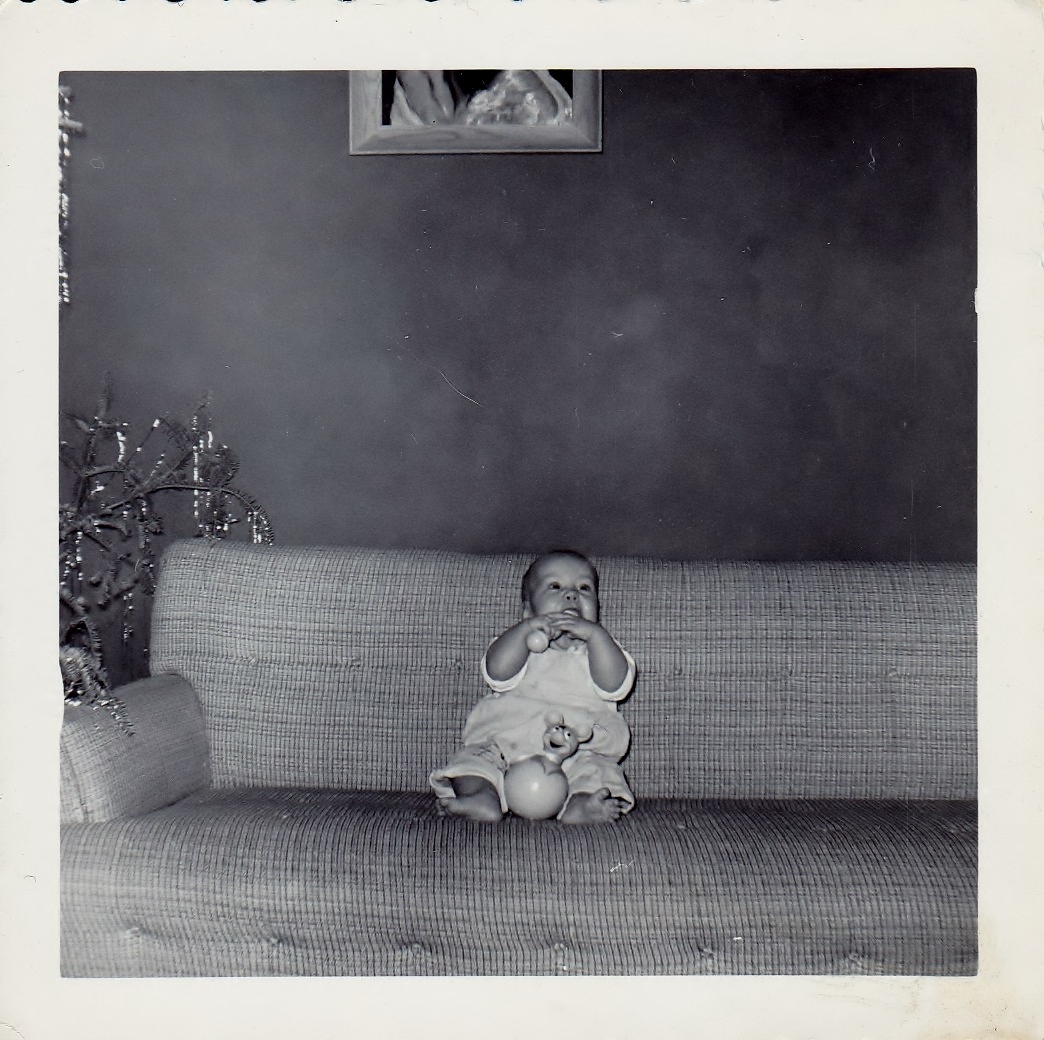
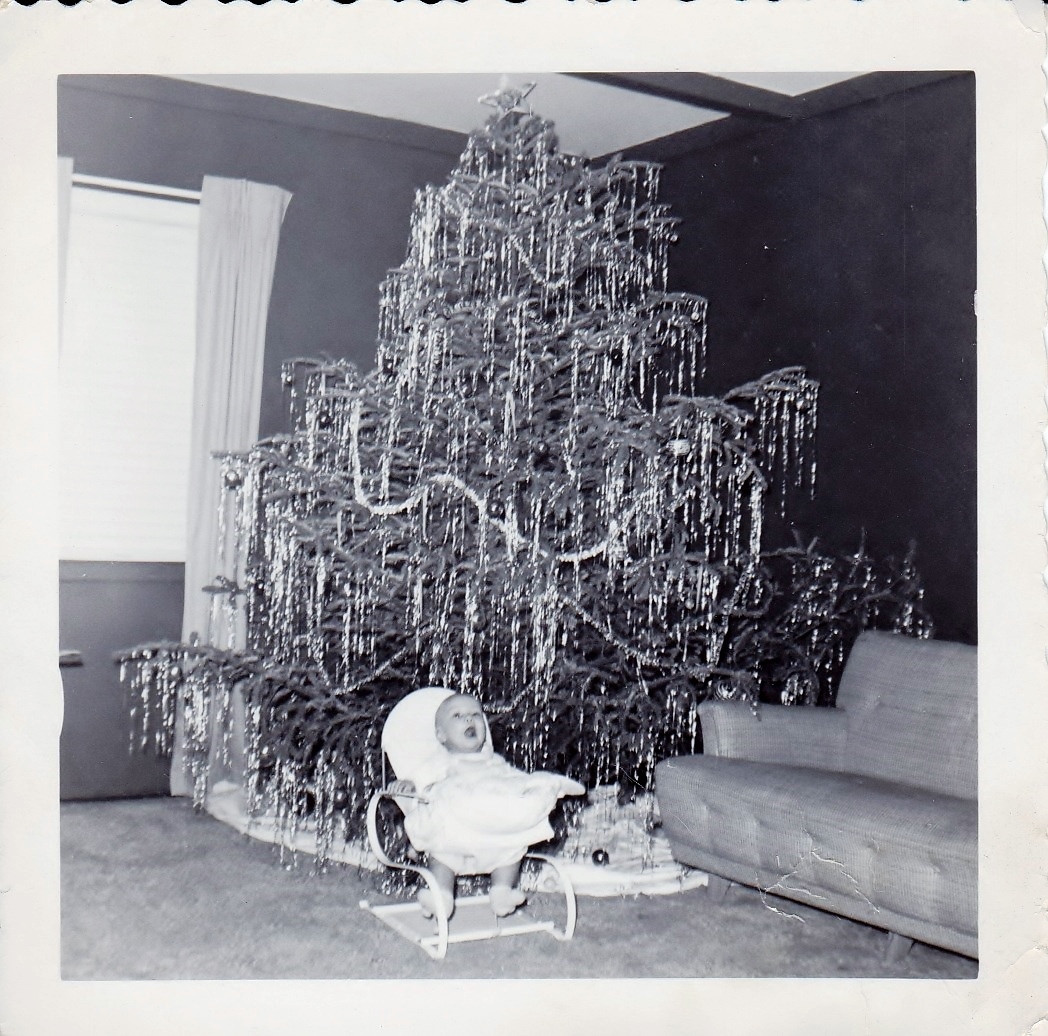
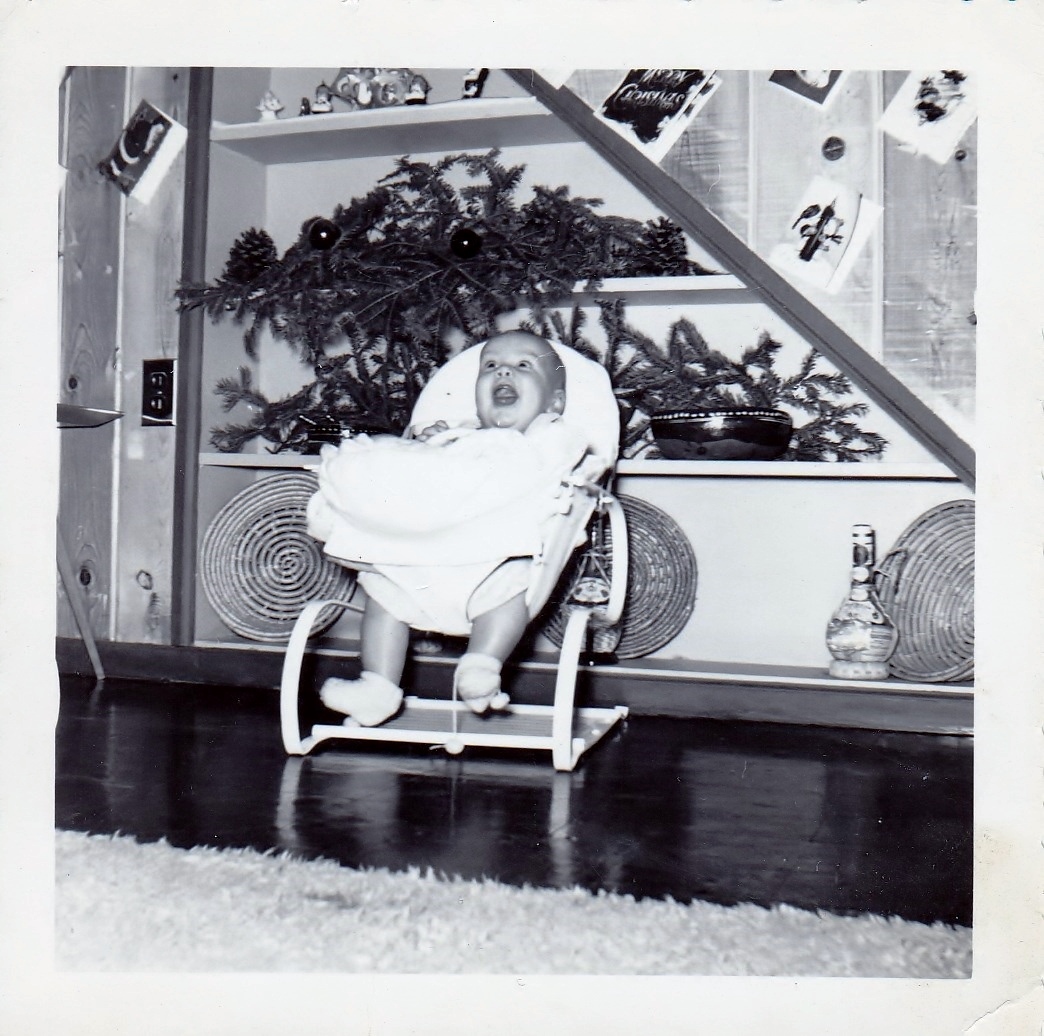

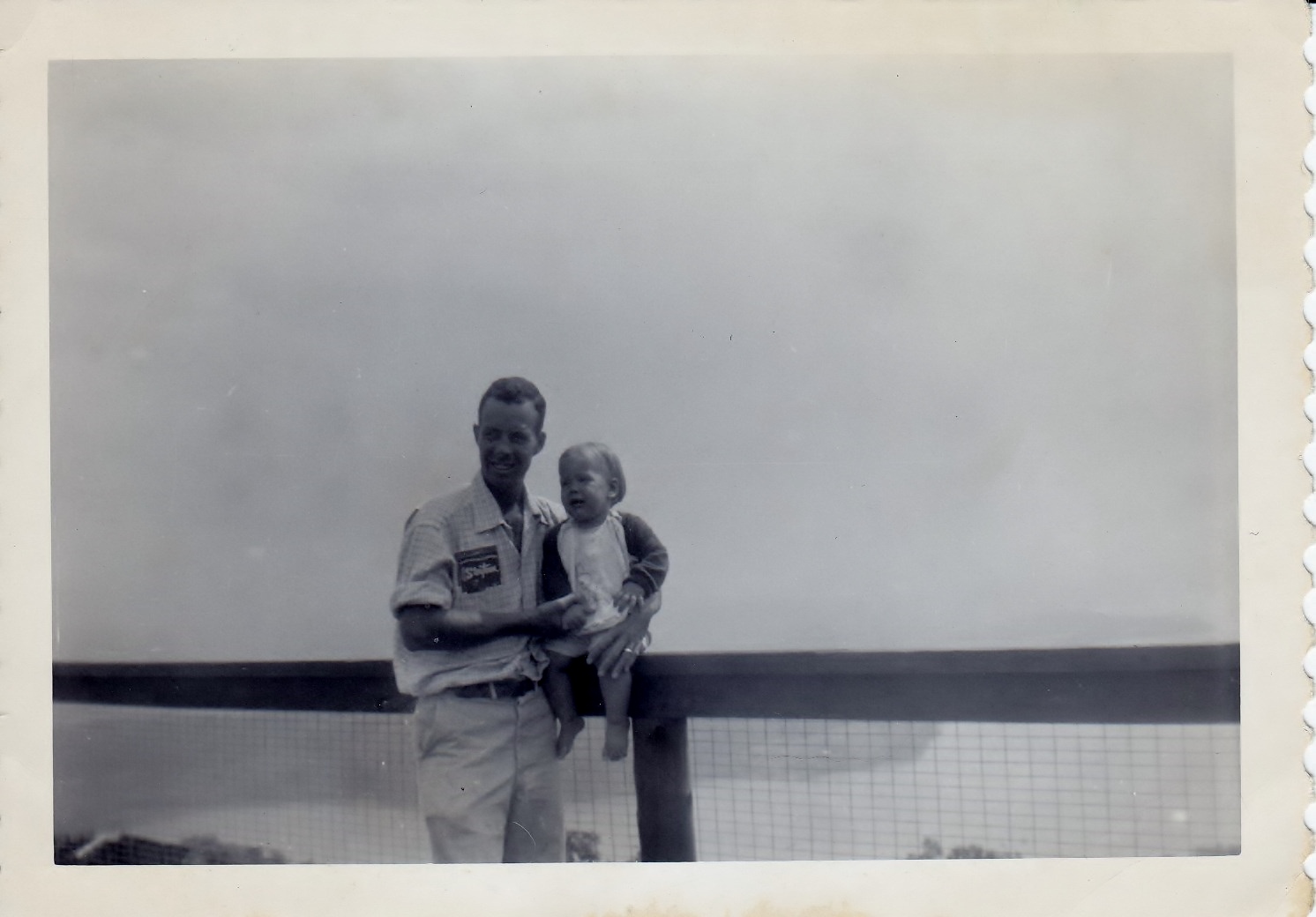
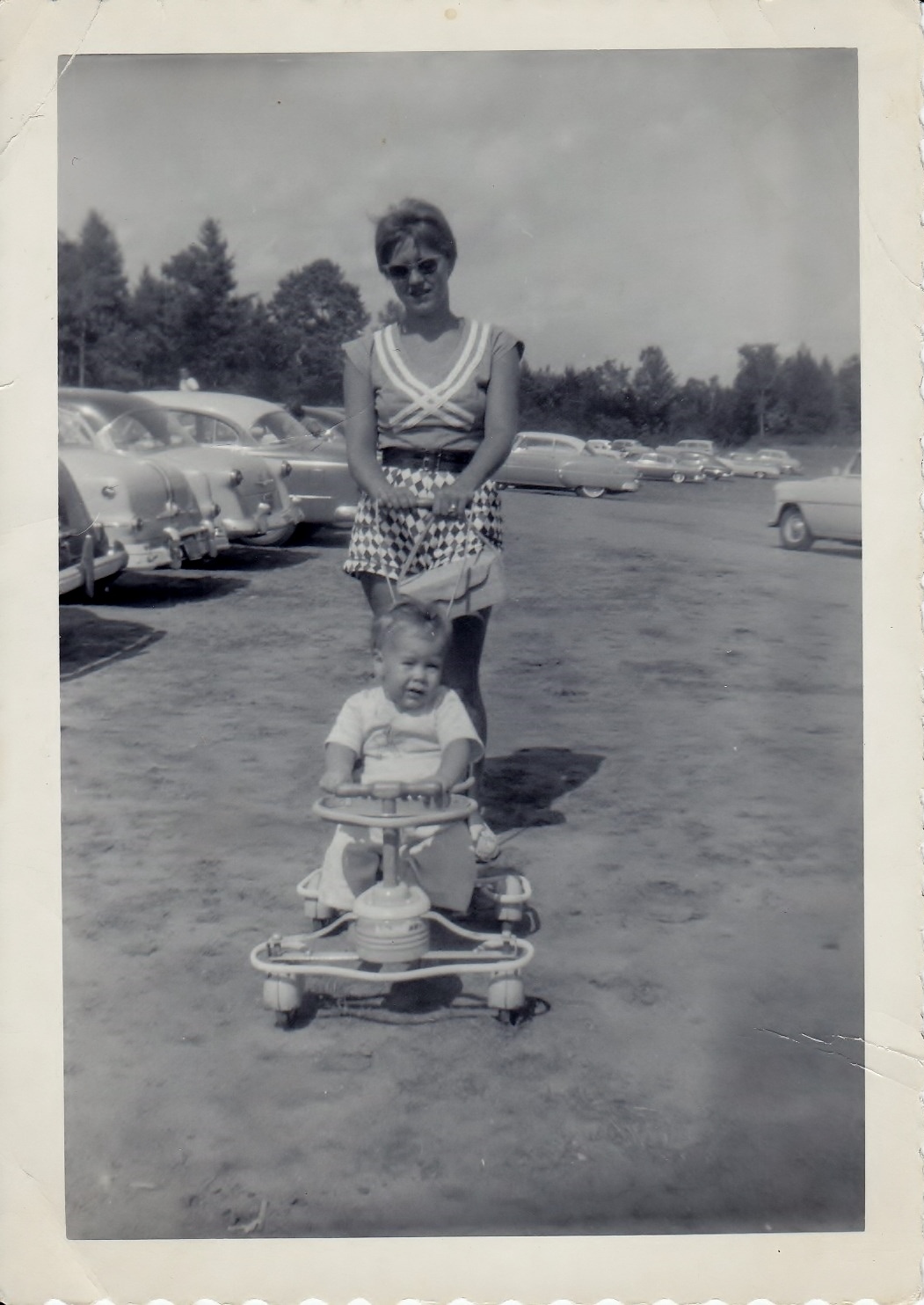
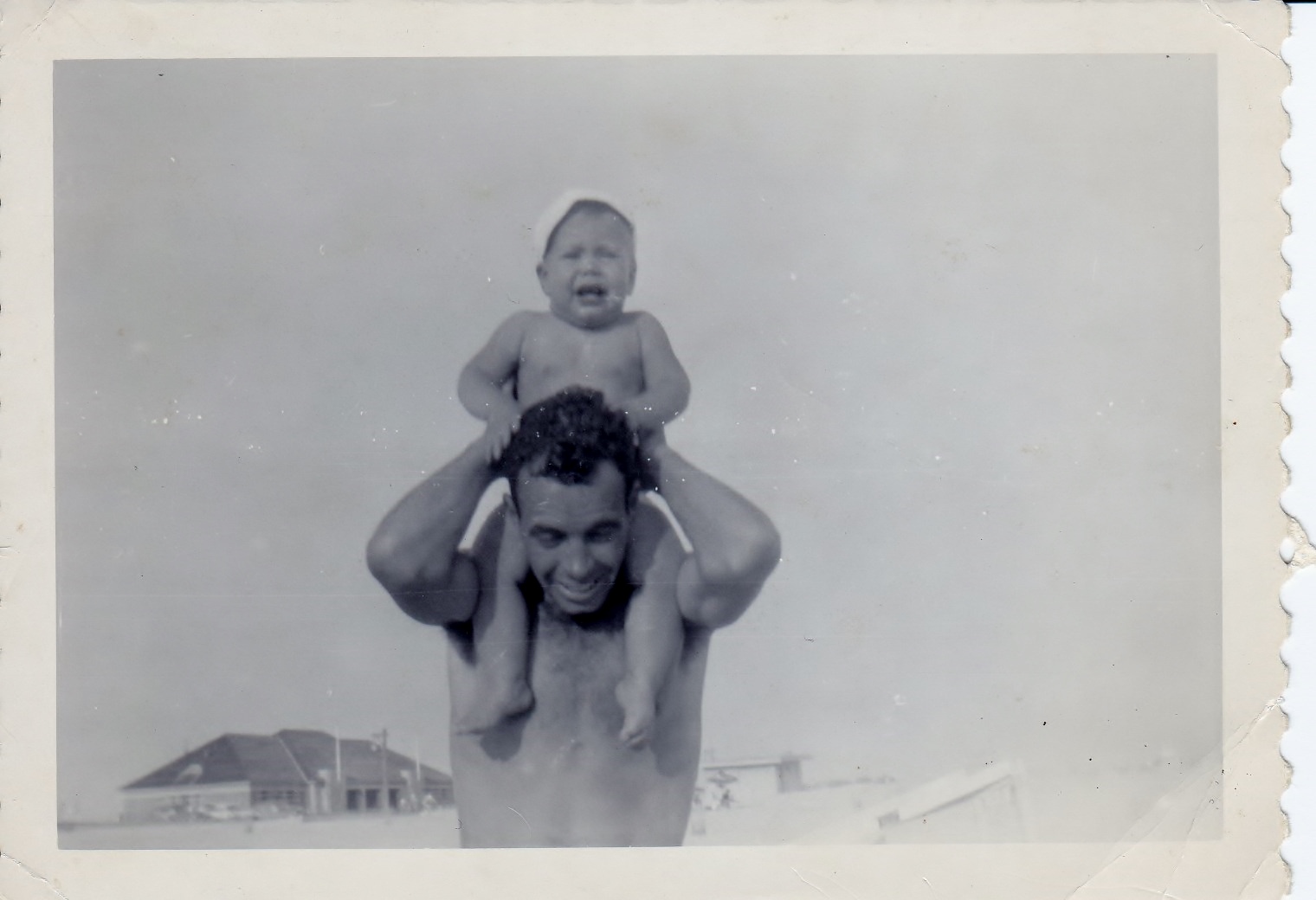
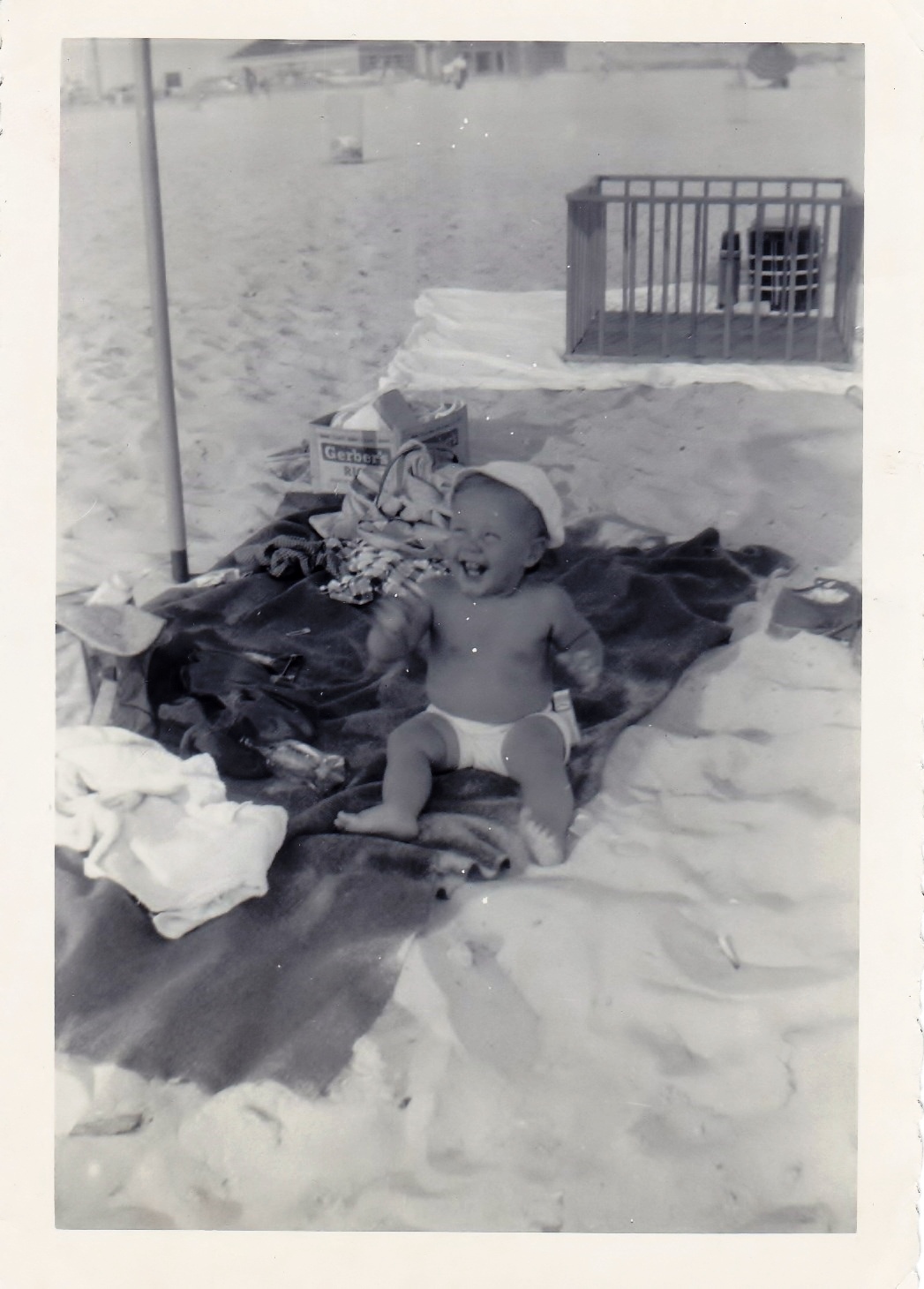
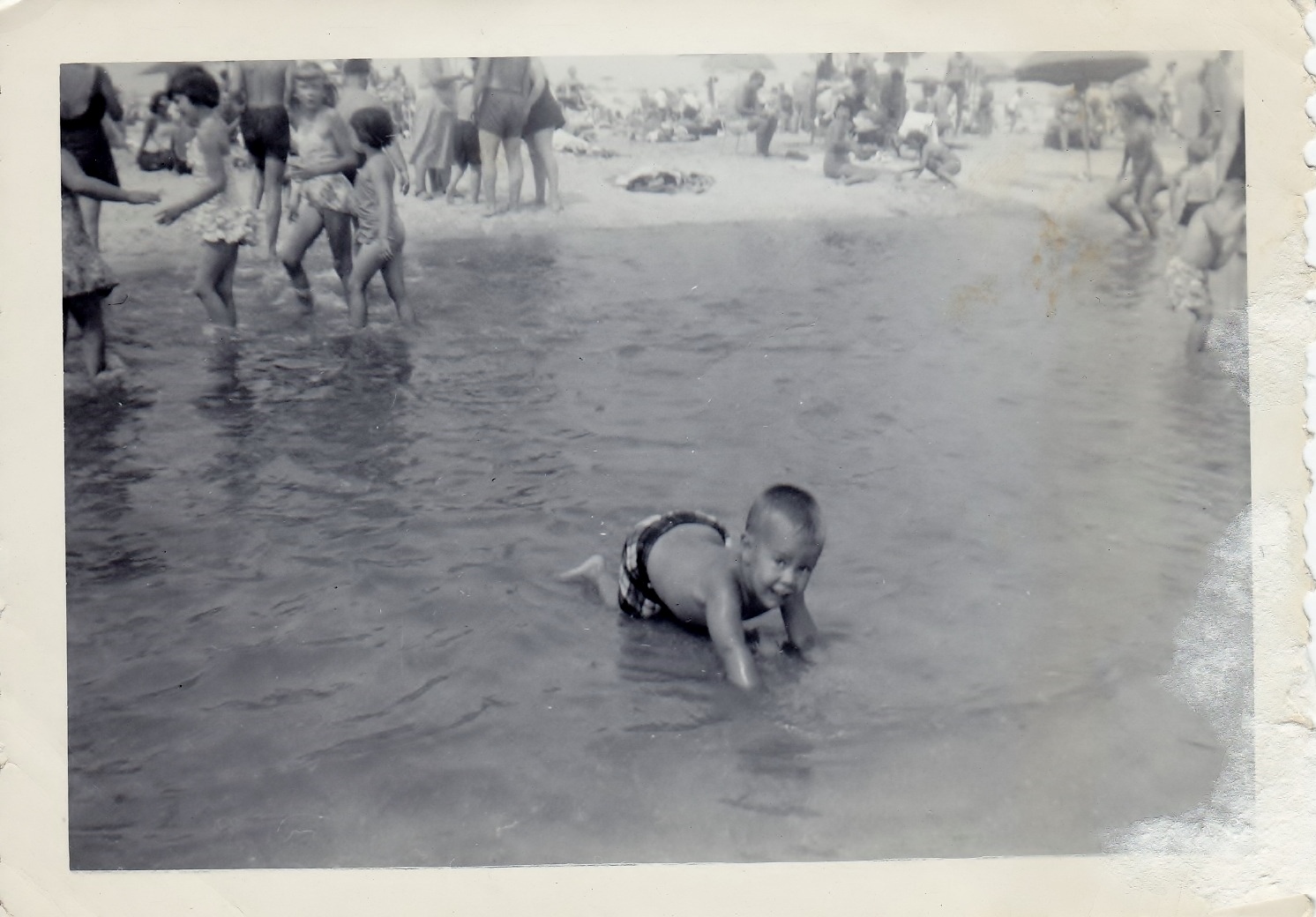
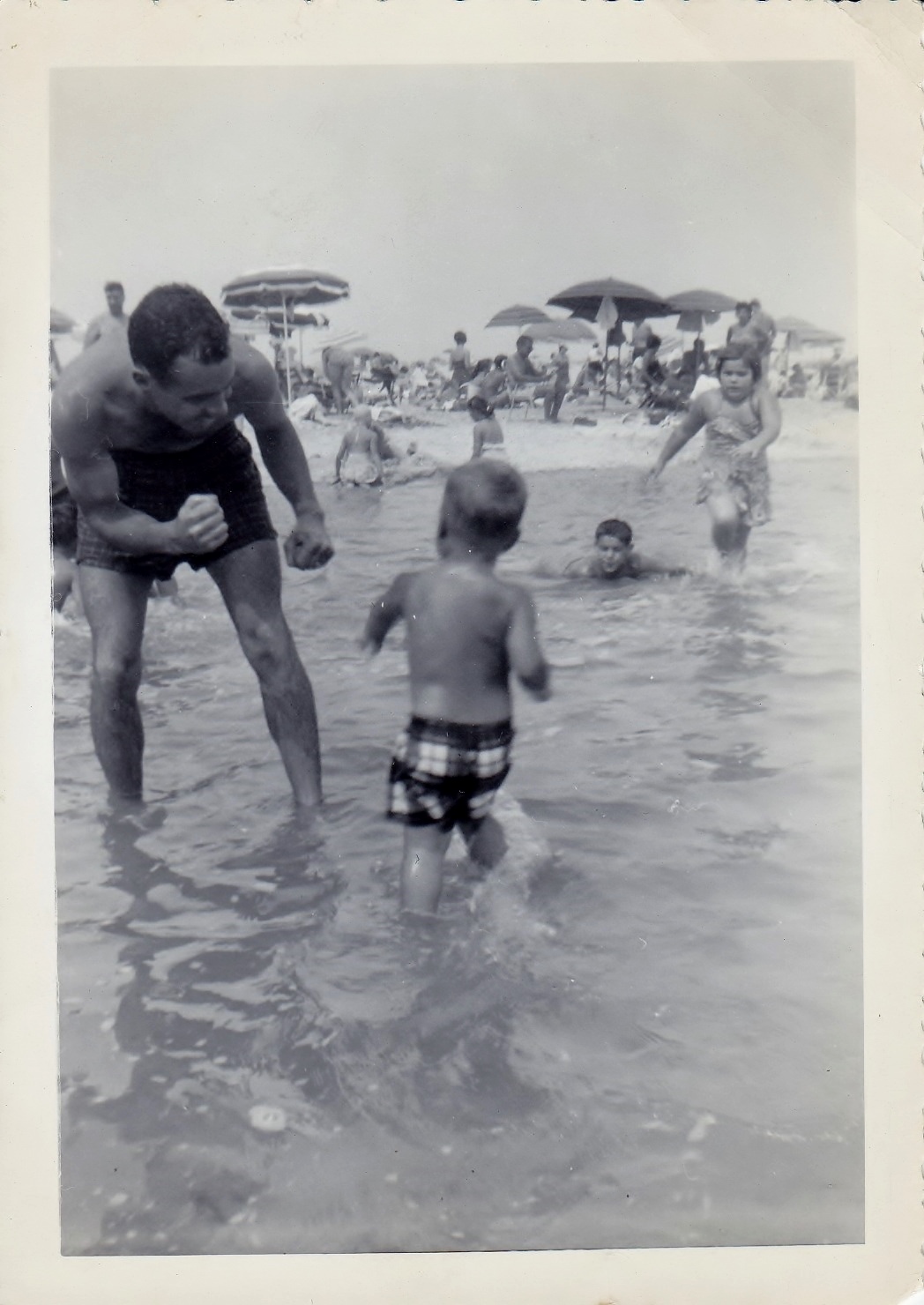
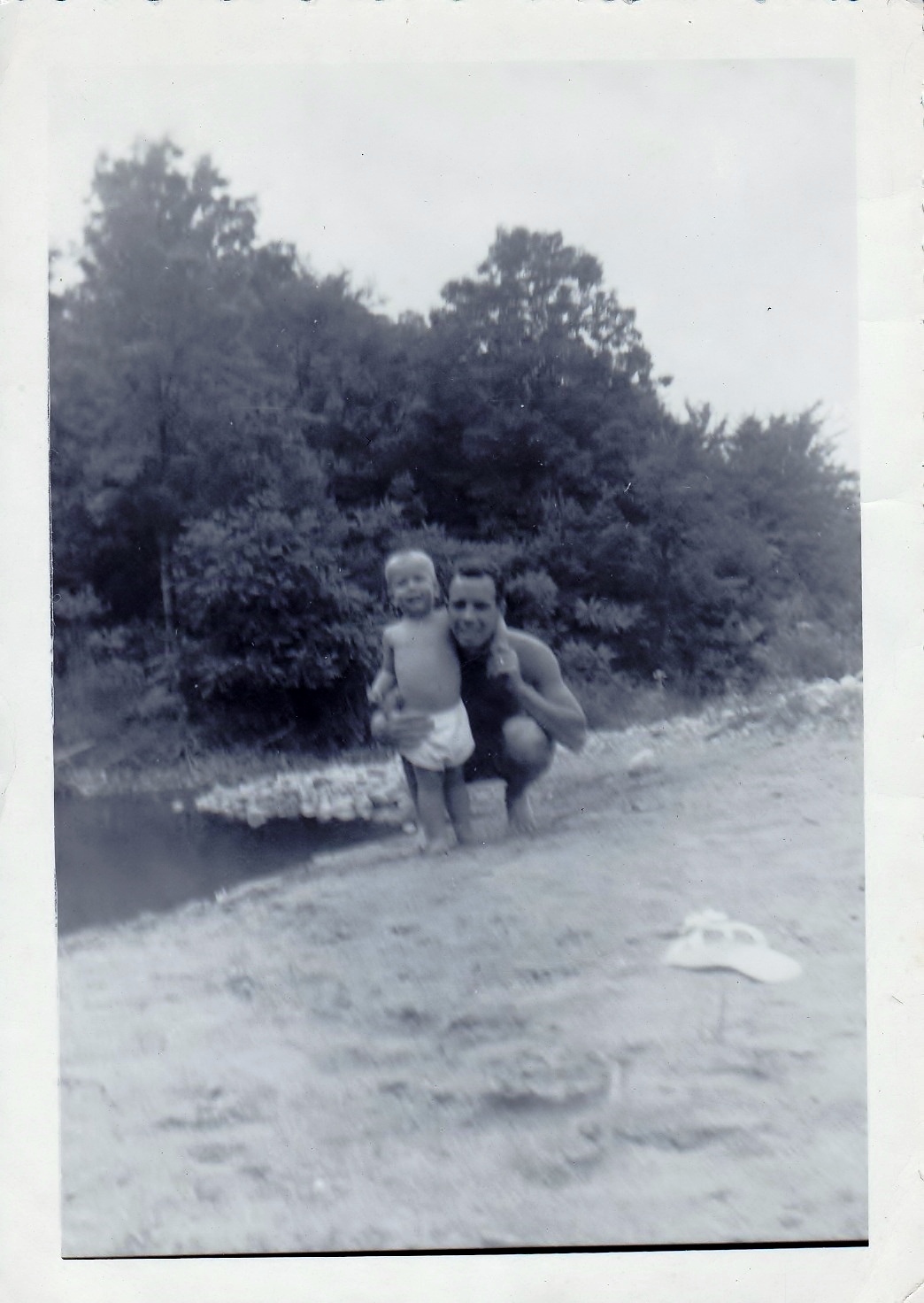


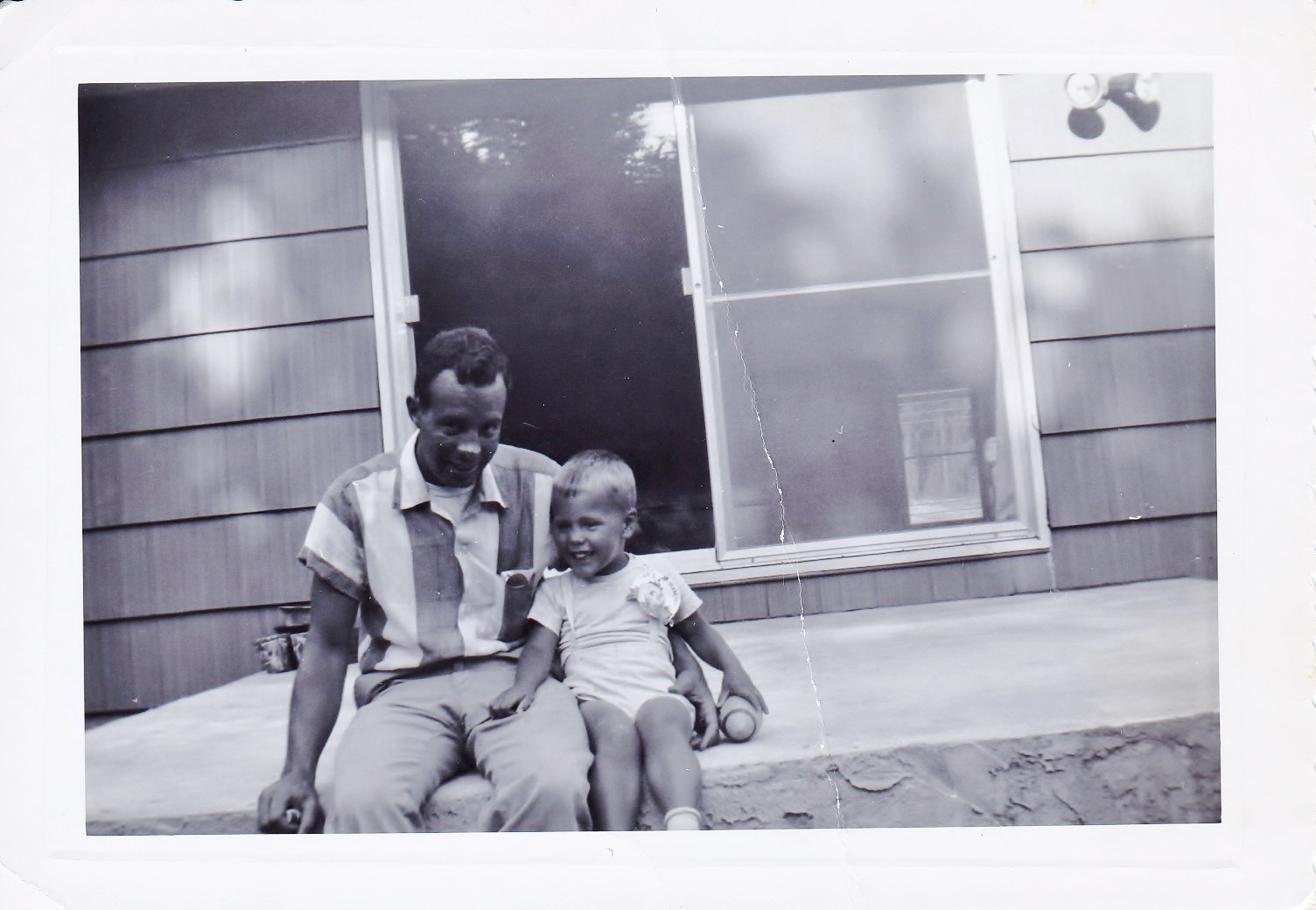

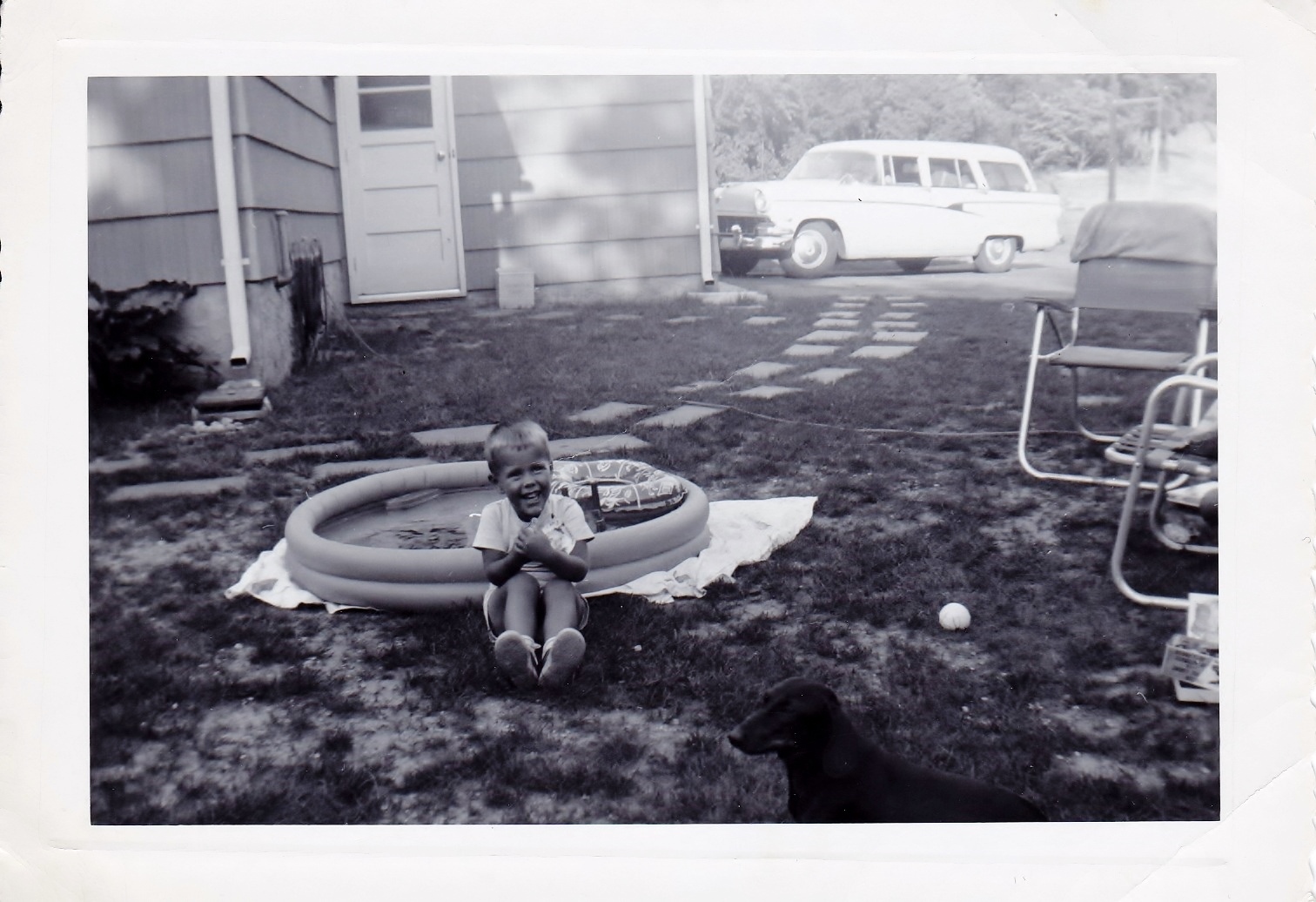
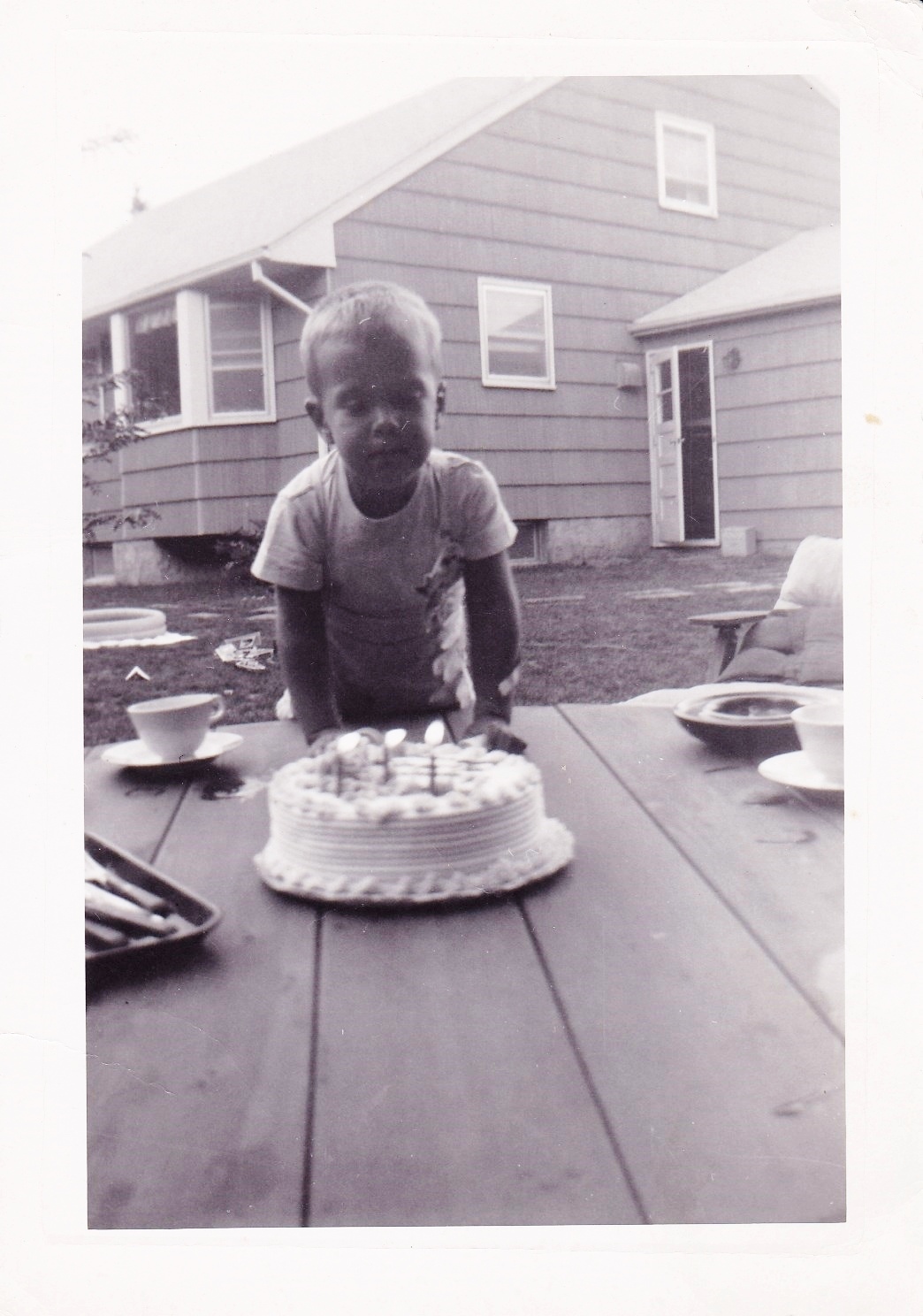
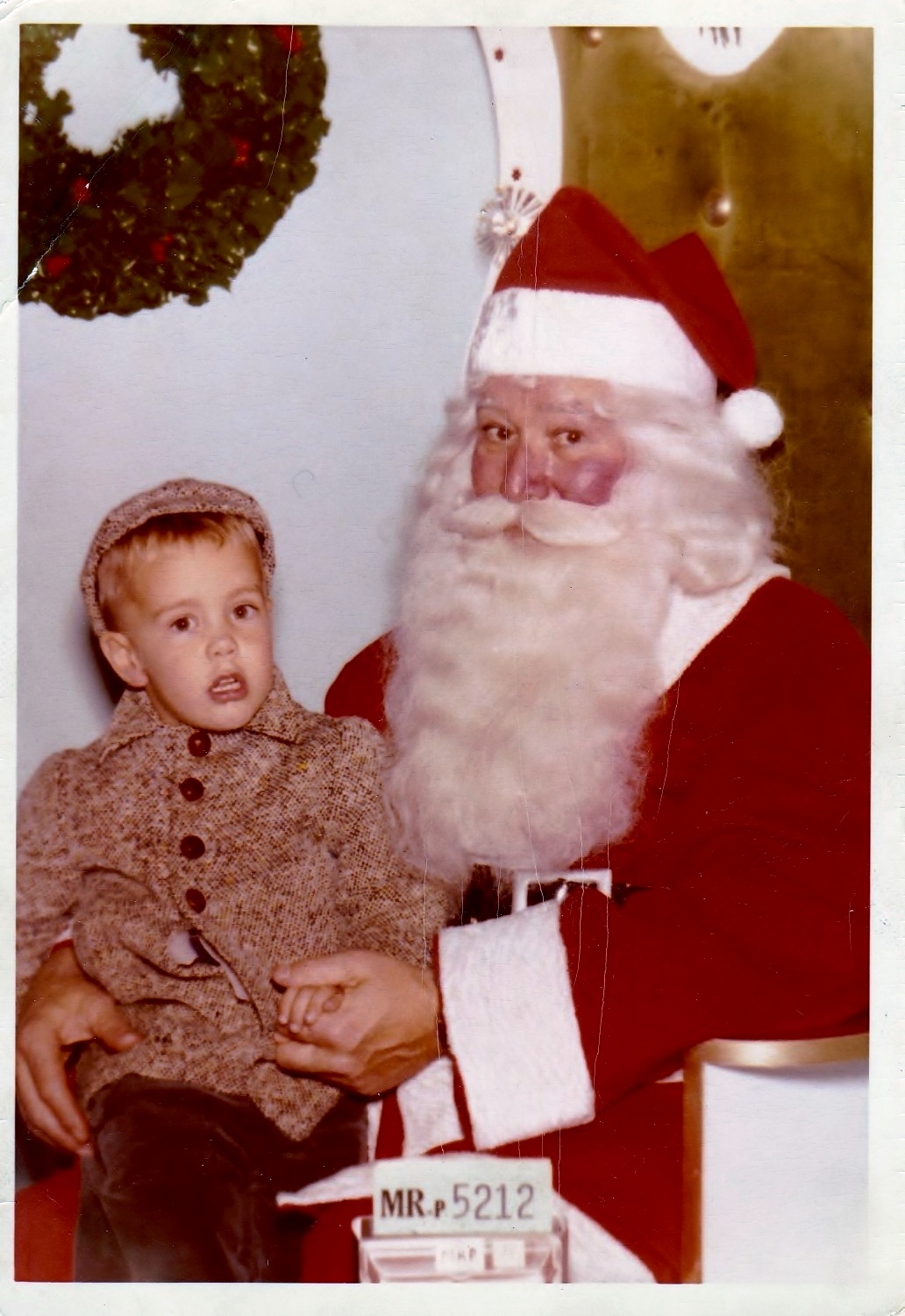


2 comments:
Really enjoying these glimpses into American history. Growing up in England during the same time period, my experiences were very different.
You're just happy that I included a dachshund in the pictures!
Post a Comment